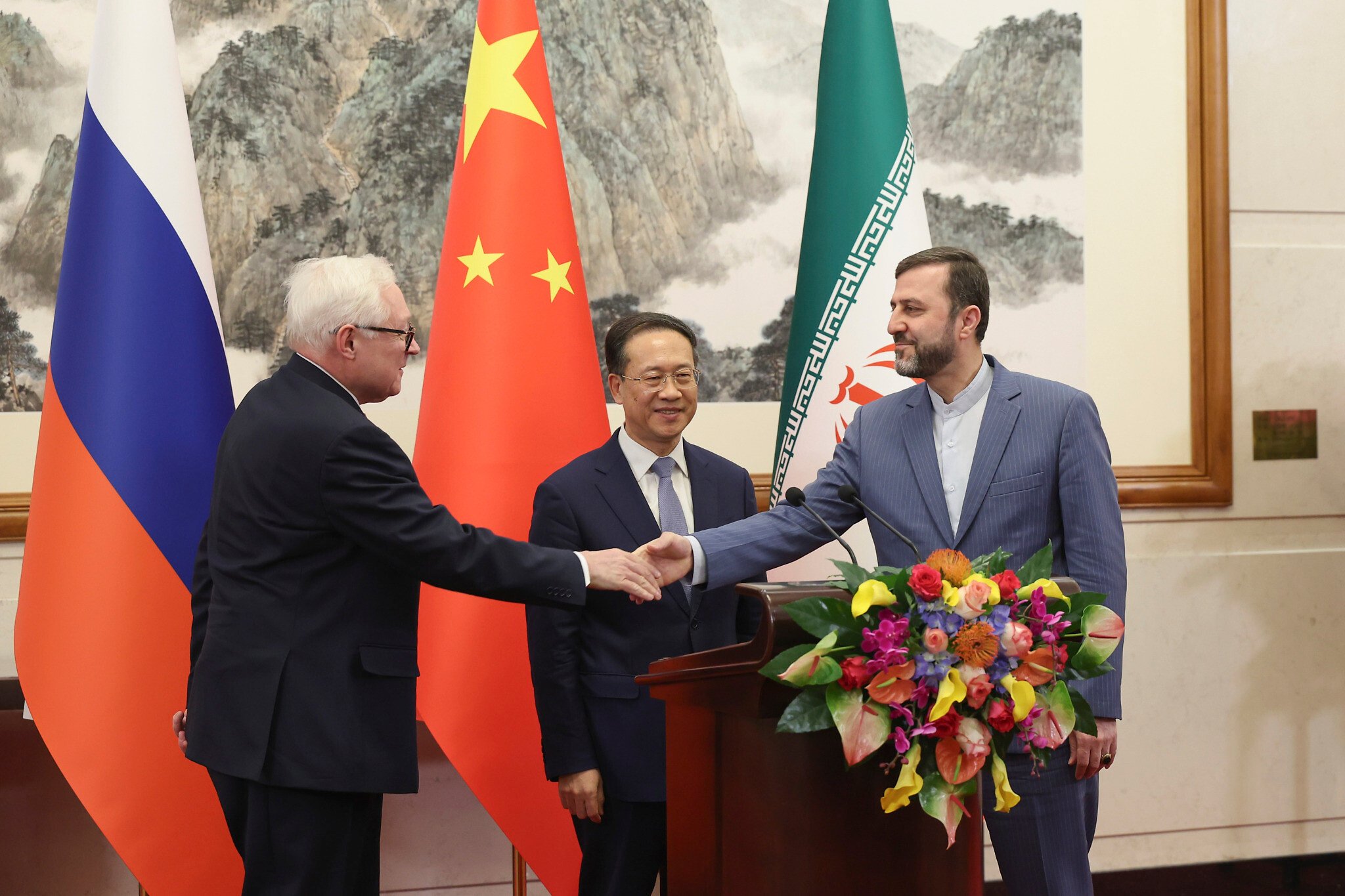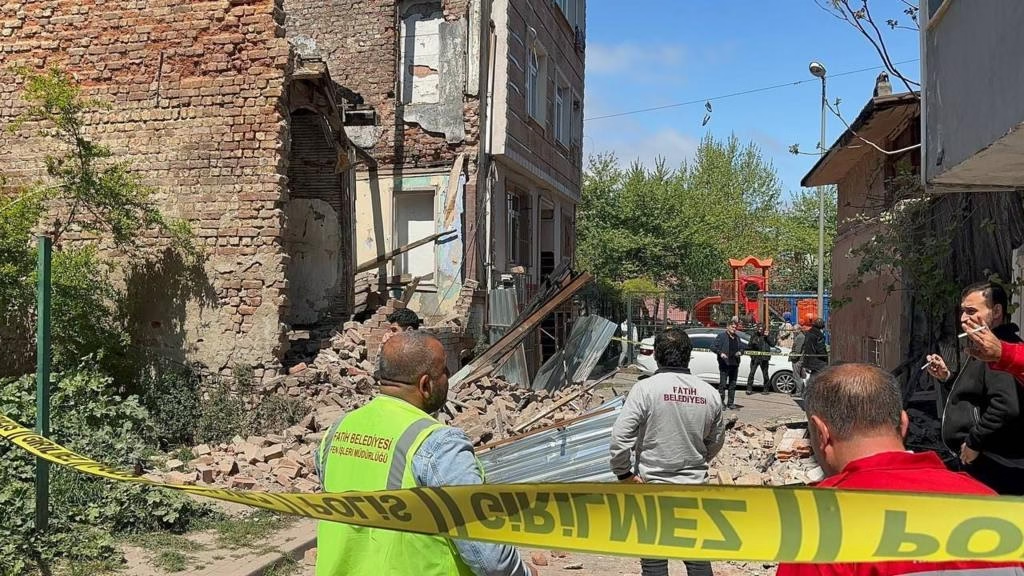In a series of explosive developments that have set international relations on edge, multiple sources reveal that the escalating rhetoric surrounding President Trump’s recent threats to bomb Iran could unleash catastrophic consequences.
Tensions are mounting on several fronts, with Russia issuing stark warnings, Iranian officials vowing severe retaliatory measures, and Trump’s own NBC interview adding fuel to the fire.
The latest headlines indicate that Russia has warned of “catastrophic” consequences should President Trump follow through on his threat to bomb Iran. The Kremlin’s cautionary message underscores the potential for a dramatic escalation in an already volatile region.
Russian officials argue that any unilateral military action by the United States could destabilize the geopolitical balance, triggering a domino effect that may ultimately lead to a wider, more dangerous conflict.
On the Iranian side, the stakes are equally high. A senior adviser to Iran’s Supreme Leader has declared that if President Trump attacks, Iran will not hesitate to develop a nuclear bomb.
This statement, made in a series of interviews, signals a clear warning: any U.S. military aggression could force Iran into a corner where acquiring nuclear capabilities becomes a non-negotiable matter of national survival. The adviser’s comments are viewed as both a deterrent and a rallying cry for domestic support, aimed at solidifying Iran’s resolve in the face of external pressure.
Adding another layer of complexity to the crisis, there are alarming reports that Iran has been urged to strike the Diego Garcia base “immediately.” This strategic military outpost, located in the Indian Ocean and operated by the United States, has become a focal point in the current debate.

The call for action against Diego Garcia is interpreted by many as a preemptive measure—a bold signal that Iran is prepared to retaliate swiftly and decisively if diplomacy fails. This development has further intensified global scrutiny, as analysts warn that any military move against the base could ignite a series of irreversible events.
The situation was further inflamed during President Trump’s recent interview with NBC, in which he delivered a series of stark, uncompromising statements. Among his remarks, Trump asserted that “if they don’t make a deal, there will be bombing.”
This comment has been dissected by pundits and political commentators alike, as it encapsulates the president’s readiness to employ military force as a bargaining chip in negotiations with Iran. The direct and provocative language used in the interview not only amplified existing fears but also underscored the volatile nature of the ongoing dispute.
As these explosive narratives converge, the global community finds itself grappling with the potential ramifications of an all-out military confrontation. On one side, the United States, under President Trump’s leadership, appears willing to adopt an aggressive stance, leveraging the threat of bombings as a means to coerce Iran into negotiations. On the other side, Iran’s stern warnings and strategic maneuvers suggest that the nation is not prepared to yield under pressure and may even escalate its military capabilities as a countermeasure.
International reactions have been swift and varied. European leaders, along with other global stakeholders, are urging restraint and calling for an immediate return to diplomatic channels. The prospect of a nuclear-armed Iran, triggered by an act of aggression, has left many questioning the long-term consequences for regional and global security.
Meanwhile, Russia’s forewarnings add a critical dimension to the debate, highlighting that any military intervention in the region carries a risk of triggering a broader conflict that could engulf multiple nations.
The unfolding situation also raises important questions about the future of U.S. foreign policy and its impact on international alliances. With the president’s rhetoric taking center stage, allies and adversaries alike are closely monitoring every development, weighing the potential benefits and dangers of a preemptive strike. The delicate balance between deterrence and provocation is now more precarious than ever, and any miscalculation could have dire implications.
Moreover, the internal dynamics within Iran are worth noting. The country’s leadership appears resolute in its commitment to defend national sovereignty, even if that means pursuing nuclear armament—a move that would have far-reaching consequences for the global non-proliferation regime.
This determination, coupled with the advisory’s recent statements, suggests that Iran is ready to redefine its strategic posture in response to perceived American threats.
In this high-stakes environment, the convergence of military posturing, explosive rhetoric, and strategic maneuvering creates a narrative fraught with peril and uncertainty.
As the world watches with bated breath, the coming days and weeks are likely to reveal whether diplomatic efforts can still avert a full-blown military crisis or if the rhetoric will ultimately give way to action with far-reaching, potentially devastating consequences.




